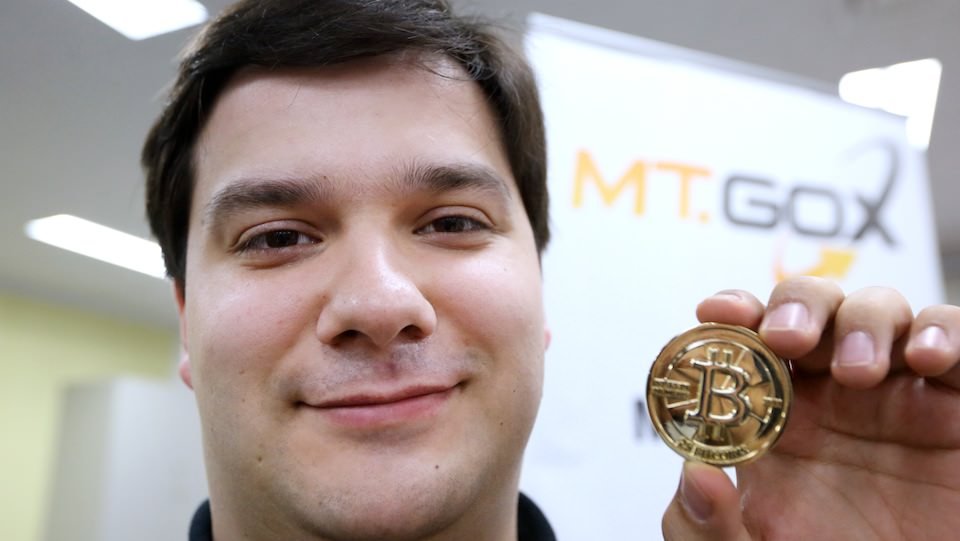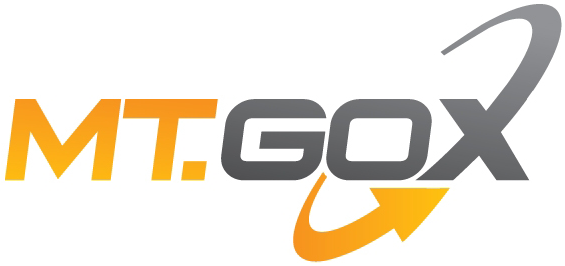
Mt. Gox Founder Mark Karpeles Responds to Critics
Mt. Gox chief executive and founder Mark Karpeles has fired back at critics in a recent interview with Forbes.
Both Karpeles and Mt. Gox have been taking a lot of flak since the exchange suspended bitcoin withdrawals last week. The decision was brought about by transaction malleability issues, which indirectly led to a massive DDoS attack targeting bitcoin exchanges on Monday.
Since then Mt. Gox has tried – and largely failed – to reassure the bitcoin community, while the bitcoin price dropped to its lowest point this year.
Who is to blame?
When asked whether the problem was caused by the Bitcoin protocol itself or Mt. Gox's implementation, Karpeles told Forbes that the Bitcoin client is simply not designed to handle the sort of load that Mt. Gox experiences.
He added that the exchange chose to develop its own implementation to overcome lagging and crashing. However, as the Bitcoin protocol was constantly updated, Mt. Gox simply could not keep up. Karpeles explained:
Karpeles said Mt. Gox started looking into the problems and began being “more transparent” in an effort to provide the public with a full list of pending transactions.
“Nobody was however able to tell us what went wrong at that time. Since only a few transactions were affected anyway we didn’t give it much attention (recently we were able to look more into this and fix this issue),” said Karpeles.
He continued: “This meant however that some of our invalid transactions were listed publicly, making it rather easy for someone with bad intention to alter these, hence the reason why many people claim there was an issue in our code.”
He added that exchanges using the standard Bitcoin client were a lot less likely to be affected by the problem.
There is no quick fix
Karpeles said he is puzzled by the fact that the Bitcoin Foundation failed to address the transaction malleability problem after it was originally identified in 2011.
He said that Mt. Gox proposed a solution that would allow people who send coins to track them no matter what happens in terms of malleability. The solution would not be perfect, but it could be applied quickly and it wouldn’t “break” anything.

Gox
Bitcoin developers are currently working on another way to tackle the problem, but it will take more time to deploy and it may break some custom clients.
Karpeles was keen to point out that the Mt. Gox announcement allowed other exchanges to be more cautious when faced with failing transactions. Although it upset a lot of people, it also helped a lot of people understand and deal with the problem, he argues.
Mt. Gox and Karpeles have long been a source of controversy within the bitcoin community, even before the malleability issue forced the exchange to suspend bitcoin withdrawals.
For the time being, it is unclear how and when the malleability issue will be resolved once and for all. However, the longer the problem drags on, the more outspoken Mt. Gox's critics will surely become.
Image Credit: BTCPedia
DISCLOSURE
The leader in news and information on cryptocurrency, digital assets and the future of money, CoinDesk is a media outlet that strives for the highest journalistic standards and abides by a strict set of editorial policies. CoinDesk is an independent operating subsidiary of Digital Currency Group, which invests in cryptocurrencies and blockchain startups. As part of their compensation, certain CoinDesk employees, including editorial employees, may receive exposure to DCG equity in the form of stock appreciation rights, which vest over a multi-year period. CoinDesk journalists are not allowed to purchase stock outright in DCG.

